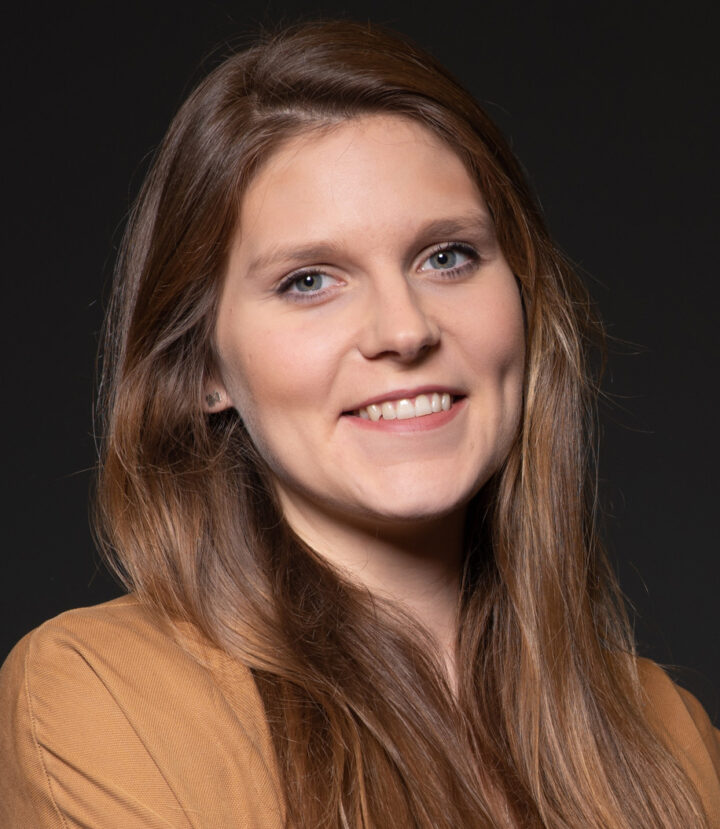
Interview with Theofilos Argyriadis, CEO of Clip News, a media monitoring service based in Greece.
Hi Theofilos, what is your background and what is included in your current role at Clip News?
We established Clip News in 1992, in a time when “monitoring” and “clipping” were almost unknown services in Greece. Of course, back then monitoring and clipping services included only print media. I have worked at every stage and post of a small monitoring business, such as the clipping department, sales, manager. Today, almost 30 years after the establishment of the Clip News SA, my official role is President and CEO. My responsibilities mainly focus on the company’s development in terms of new products, new IT technologies such as the implementation of machine learning solutions and AI, as well as the inter-connection of Clip News with other companies and the participation in European programs.
Having founded Clip News almost 30 years ago, what are you most proud of over the years?
I believe what I am mostly proud of is the people that have grown along with the company all these years. The people are our main asset and we try to give them all the necessary skills to develop and implement their own ideas.
What differs Clip News from other media intelligence companies?
Competition in Greece is not particularly aggressive. We know what our competitors offer and we are well aware of the market conditions. I could maybe say that our high-level services and an excellent customer service department surely differs us from other companies. We take care of our subscribers and we meet all their needs. We foresee and suggest solutions, given our long expertise and familiarity with the publicity of each subscriber. We know how to respond and handle any crisis our subscribers may face.
What are your greatest challenges ahead at Clip News, when it comes to serving your customers media intelligence and develop your offer?
At Clip News we focus and strongly believe in services that add value to the monitoring services, especially with the use of all the metadata available in each piece of information we handle. We strongly feel that the excessive information available nowadays does not make sense and to this end we offer added value services such as analysis services, reports, Executive Reports from specific or all media types. I strongly feel that it is our job to train subscribers in order to better understand how we can help them. It is quite difficult to communicate all of the services we are able to provide to a company fast enough, due to stereotypes in the market. Our services have quickly evolved with the help of technology and the expertise of our employees and we can provide assistance to our clients on multiple levels. As a result, our biggest challenge is to transfer our knowledge and gain the trust of our subscribers. Fortunately, we manage to do so.
Have you recently, or are you about to, release any new technology-based solutions that will add to or improve services you offer your clients?
We are about to release a clustering feature for media clips from all media sources that will be carried out through machine learning. As a result, our subscribers will really have less clips to go through. Clustering will reduce the cost of other services, such as reports and analysis. We will also focus on tagging the clips, for our subscribers to understand the big picture of their publicity. Furthermore, we are correcting the automated sentiment of clips, which unfortunately in the Greek language has a success rate of up to 80%, compared to the English language (95%).
We are also launching reporting and analysis services based on KPI’s including several metrics, for both print and online monitoring services. To this end, our subscribers can have a complete view of their publicity and track their weaknesses and strengths in each media source. Practically, all these tools can create a publicity strategy based on reliable data.
As active in Fibep, The Media Intelligence Association, what do you think is the most important such an organization can bring to its members?
FIBEP is an association of members with the same principles, services and anxieties. Apart for the obvious (sales between its members) FIBEP is a remarkable association that makes use and communicates the expertise of each member. Keep in mind that FIBEP includes members that have a history of 100 or more years, as well as newly founded companies from across the world. This exchange of knowledge can only benefit each FIBEP member.
I believe that co-operation is the key for the future of media intelligence companies. The volume of data will increase any company, no matter its size, will not be able to respond easily. Media intelligence companies need to find a way to co-operate more substantially towards a greater goal and not based on short-term financial results. We need to claim our place in the future and be ready for in order to evolve to significant market players. FIBEP could design such a prospect and transfer the long-term profit to its members and design tools that will make co-operation easier and faster.
How do you think the media intelligence industry will change in the next 5 years, and what are the greatest challenges ahead?
The main challenge will be the data and the use of data considering privacy rules and terms. The questions that will be posed in order for the data to be able to provide answers. In the coming years I believe that there will be changes that mainly concern a more structured way to use data. Our services will change and media mentions or clips will no longer be important. The importance will shift towards services that are based on metadata, trends and analysis services. Media intelligence companies ought to quickly adjust to the new reality and provide services with truly added-value.
By Russell Hughes


